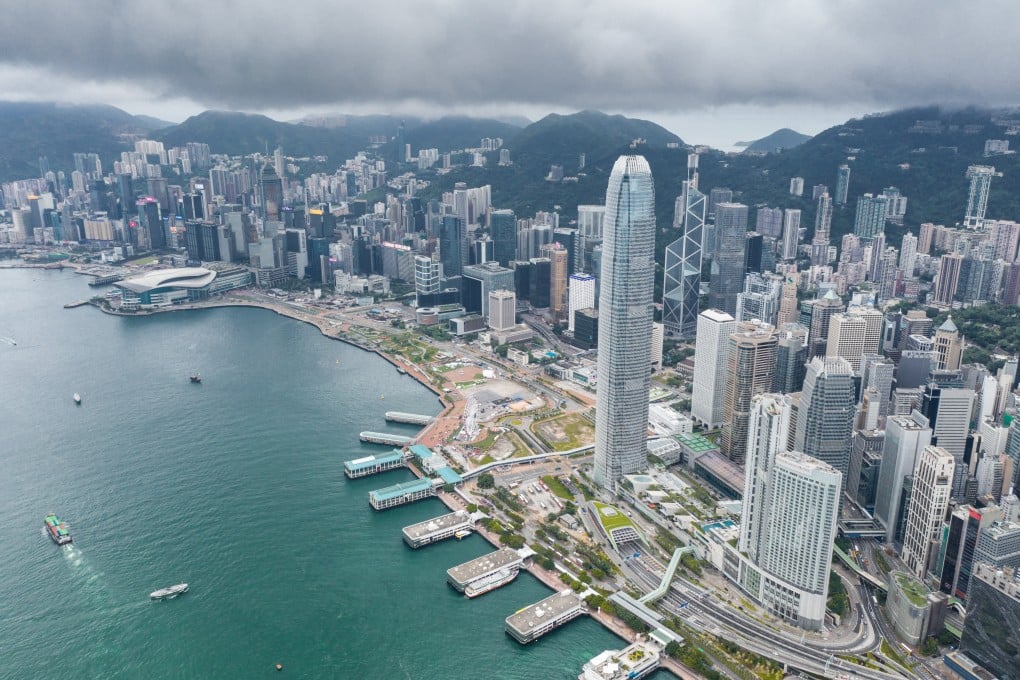Advertisement
Opinion | Hong Kong’s economy needs reinvention to become more than just China’s superconnector after a lost half decade
- Hong Kong’s superconnector status has not enabled its economy to outperform other rival Asian hubs such as Singapore
- Instead of blaming external factors for its underperformance, Hong Kong should engage in an exercise to remodel its economy
Reading Time:6 minutes
Why you can trust SCMP
4

The Hong Kong economy has had a lost half decade. It shrank in two of the last five years; 3.2 per cent GDP growth last year did not make up for the 3.5 per cent contraction in 2022. Growth in the coming years may continue to be sluggish as the mainland Chinese economy grapples with high levels of debt – especially in property – excess capacity and insufficient demand, deflationary pressures, and a persistent decline in asset values.
Hong Kong’s economic woes should trigger a deep rethink of what it needs to do to maintain its relevance in a global economy that has changed dramatically since the global financial crisis of 2008-2009, changes accelerated by the Covid-19 pandemic.
The evidence of the last 26 years points to an inescapable conclusion: even if being a superconnector to the mainland is a necessary condition of Hong Kong’s growth and prosperity, it is not a sufficient one. The city should strive to be much more than just a superconnector of mainland China. Three arguments support this conclusion.

Hong Kong’s superconnector status hasn’t helped it outperform other Asian hubs
First, despite being the superconnector for China – the world’s fastest-growing economy over the last three decades – Hong Kong’s growth has lagged behind Singapore’s by a considerable margin. As recently as 2003, Hong Kong’s GDP per capita of about US$26,000 was roughly the same as Singapore’s. Today, Singapore’s GDP per capita, at over US$82,000, is nearly 70 per cent higher than Hong Kong’s despite mainland China growing much faster than Southeast Asia during the last three decades.
Clearly, Singapore’s superior performance was not just because it was the superconnector of Southeast Asia. Instead, Singapore established itself as a key node in global value chains in a number of high value-added industries – electronics, petrochemicals, pharmaceuticals and biotech, and precision engineering to name a few. By contrast, Hong Kong’s economy has become too specialised in a few highly correlated services – finance and insurance, real estate, trade and logistics, business services and tourism – and is too reliant on growth in the mainland.
Defenders of Hong Kong’s model say that compared with Singapore, it is more productive because it is more market-driven, less dependent on government interventions, and therefore less vulnerable to governmental mistakes and corruption. About three decades ago, economists such as Alwyn Young argued that Hong Kong’s growth model was more sustainable than Singapore’s because whereas growth in Hong Kong was led by total factor productivity (TFP, a measure of innovation), growth in Singapore was driven mainly by factor accumulation (perspiration rather than inspiration).
Advertisement
